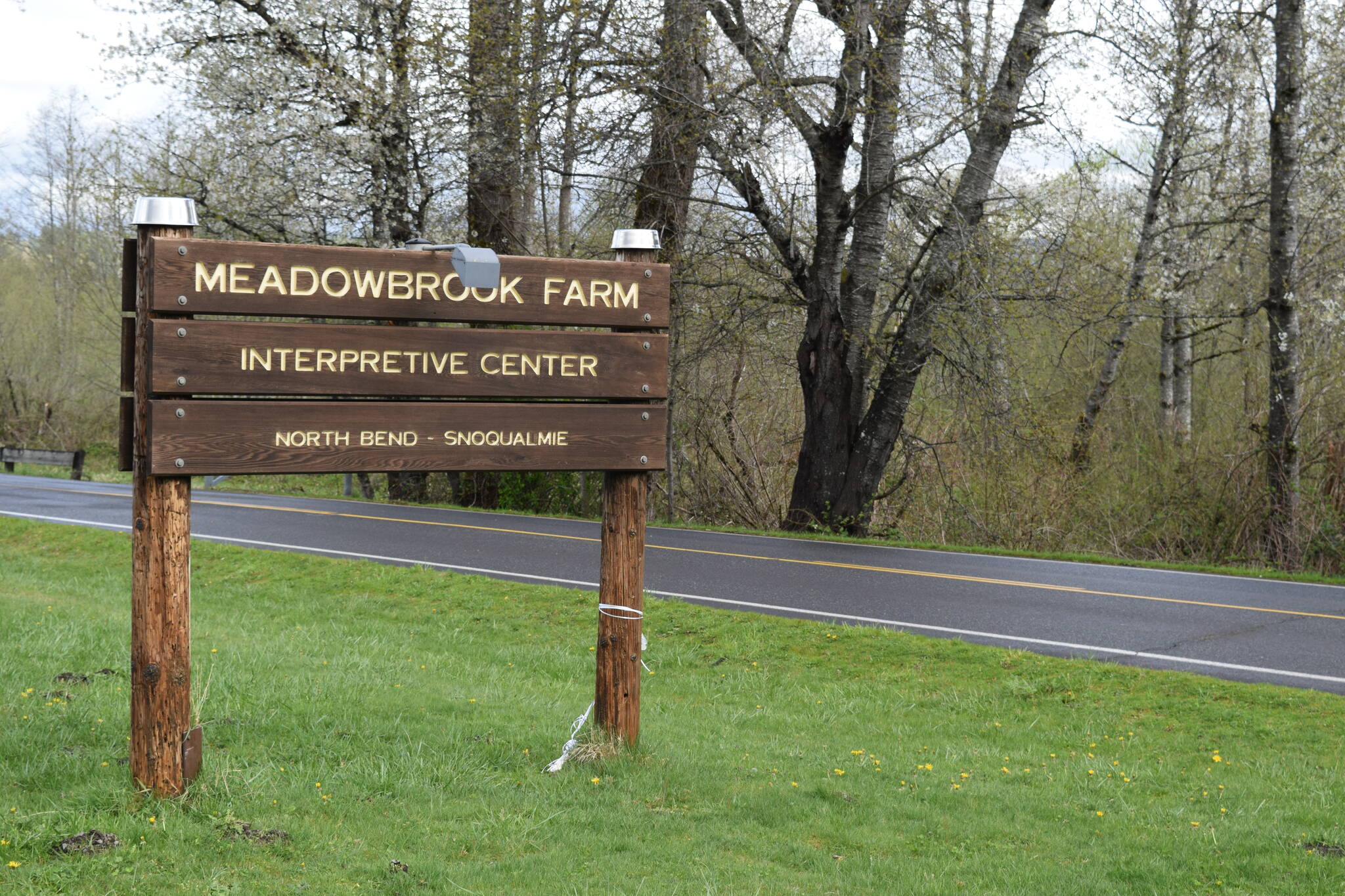The North Bend City Council is expected to deliver a final vote on whether to form the Meadowbrook Utility Local Improvement District and deliver a sewer system to a northwestern portion of the city in the coming months.
The council held a lengthy and crowded public hearing May 17 at City Hall. The hearing was the penultimate step in what’s been a years-long process to deliver a sewer system to the neighborhood. The city is now in the process of developing a proposal to form the ULID, which could go to the council for action as soon as late June.
A majority of neighborhood property owners and city officials approve of the project, noting that it will have an inherent economic benefit for the city and provide environmental projections for the adjacent watershed. Still, there are concerns that expected costs of the project will price some residents out of their homes.
“We understand talking about forming a sewer improvement district can be an emotional item,” North Bend Mayor Rob McFarland said at the meeting. “It concerns property rights and potential costs.”
The project is expected to improve the overall property value of the neighborhood by an estimated $11.6 million.
For that benefit, neighborhood residents — including the city — would be expected to pay back a share of construction costs, estimated at $7.4 million, at a 2-2.5% interest rate over a 15-20-year span. Those payments would begin after construction finished around three to four years after the ULID is formed.
During an hour-long public hearing May 17, a group of residents, many of whom live along 14th Street, a residential portion of the neighborhood, said that the expected cost was unexpected and could be burdensome.
“My fear is this may force folks to sell a home that they had no intention of selling,” Mayor Pro Tem Jonathan Rosen said.
At the same time, a lack of sewer availability has long been inhibiting to other property owners looking to maximize the economic benefit of their property — they say they are paying increasing property taxes on parcels they can’t develop. There are development restrictions in place intended to protect the Snoqualmie River and drinking water sources.
City Public Works Director Mark Rigos said he began receiving petitions asking for a sewer in the area as far back as eight years ago, while some business owners said they have been trying to develop their property for nearly two decades.
The current ULID proposal has been going on since at least 2019, when 64% of property owners requested that the city extend sewer access to the neighborhood. The city accepted those petitions last month, which set the stage for the recent hearing.
As the ULID moves forward, the city has been in contact with Puget Western Inc., a commercial property owner in the Meadowbrook neighborhood, which is in the process of ironing out a cost reimbursement program for residential owners that could provide financial relief.
“The gist of it is, if those residential property owners do not want to pay their assessments of the ULID when they’re due, Puget Western would front those assessments,” former City Attorney Mike Kenyon said at a council meeting last month.
Kenyon said residential owners would pay Puget Western back in two events: if they sell their property or if they submit a permit to the city to redevelop their property. Under the plan, residential owners whose fees have been paid by Puget Western wouldn’t be able to receive permits until Puget Western is reimbursed.
That agreement would be between property owners and Puget Western, and is not part of the city’s ordinance. Although the agreement may influence the council’s decision.
“A large part of this decision on the ULID ultimately is what offer is made to the residents,” Rosen said. “With Puget Western there’s a willingness to work on this and find a solution.”


